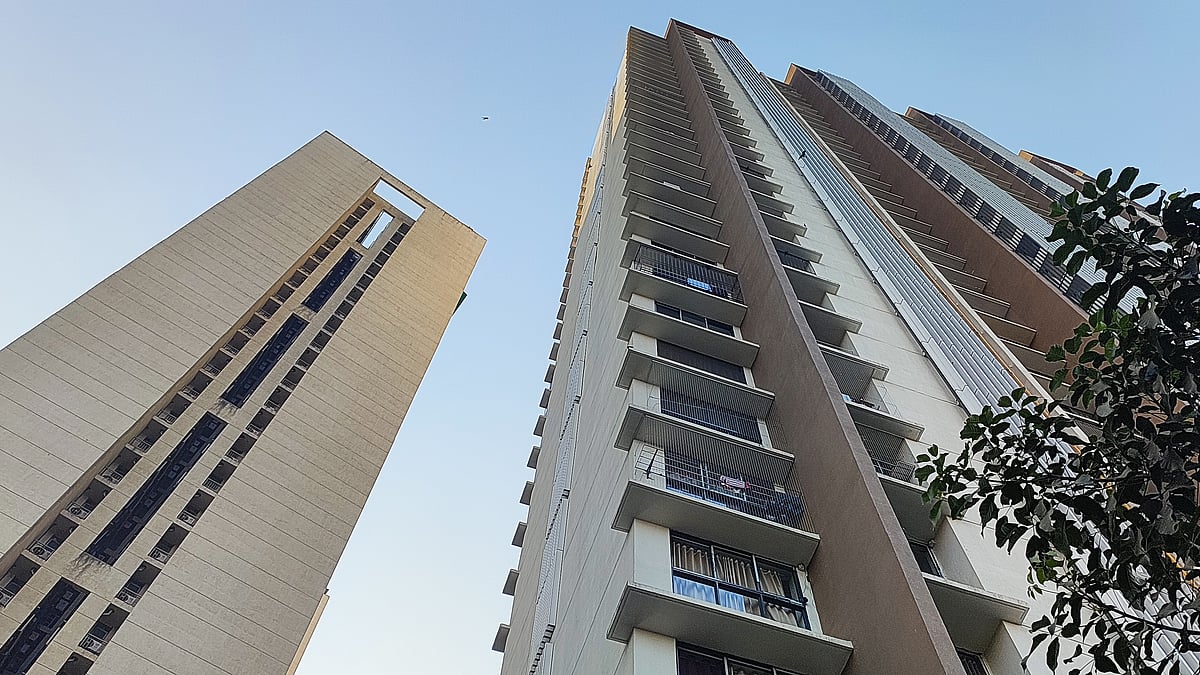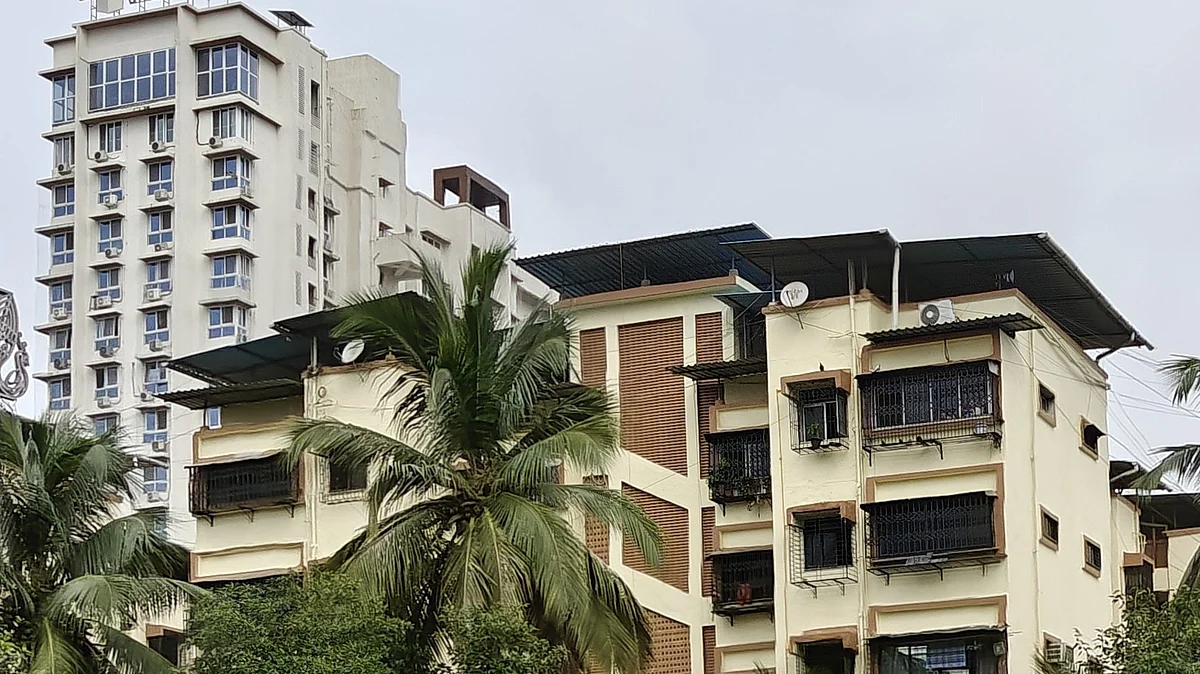In over three decades of navigating India's real estate terrain—across both emerging destinations like Goa and capital zones like Delhi — one pattern I’ve consistently observed is that returns in real estate aren’t dictated by the type of asset alone, but by the context, control, and clarity of the investor’s vision.
A recurring question I encounter from clients and newer investors is this: "Should I invest in a stand-alone property or opt for a home within a gated complex or township?" The short answer: Both can be rewarding. But the real question is—which is better suited to your goals, risk profile, and bandwidth to manage the asset? Let’s unpack this based on real-world outcomes, not theory.
Standalone properties
Freedom, flexibility, and future potential: A well-located stand-alone home— especially one with clear land ownership — can be a powerful investment tool if the investor understands the surrounding infrastructure narrative and can anticipate urban expansion or commercial inflows. The key advantages are as follows.
Full control over the asset: Decisions on redevelopment, renovation, leasing, or repurposing are entirely yours. You don’t have to wait on society majorities or consensus to act on a market opportunity.
Commercial leverage when the time is right: In many cases, stand-alone homes in evolving zones have been successfully adapted for boutique hotels, offices, or high-yield rentals—options gated societies often prohibit outright.
Direct Benefit from Land Appreciation: In markets like Goa, where standalone homes are often built on independent plots, the underlying land value moves significantly — especially where new infrastructure or tourism-led demand is shaping the locality.
Key challenges
Self-management is a must: Everything — from water connections to electrical repairs to security — has to be arranged and paid for by you.
Security and maintenance load: A stand-alone property requires you to invest in standalone security solutions, landscaping, and upkeep.
Marketability depends on location and condition: The assumption that stand-alone properties are harder to resell doesn’t hold in high-demand zones. In fact, I’ve seen them command premium pricing when well-maintained and rightly positioned. But resale timelines can stretch in locations where the demand is narrow or highly specific.
Gated complexes and townships
Predictable returns, shared strength: Gated communities have evolved from being premium lifestyle choices to smart investment picks — especially for those who value hassle-free ownership, tenant-friendliness, and managed environments. There are several reasons why investors gravitate towards them.

Integrated security and amenities: Power backup, water supply, landscaping, and round-the-clock security are bundled in. These are essentials that today’s renters and buyers won’t compromise on—and a well-run society ensures that demand stays strong.
Tenant preference and occupancy rates: For an investor looking at steady rental income, properties in maintained complexes are almost always easier to lease out. Working professionals, families, and even long-stay tourists often prefer the safety and convenience of a gated setting.
Liquidity in popular markets: If the complex is in a high-demand micro-market and is managed professionally, you’ll likely be able to exit faster when the time is right. But this liquidity is conditional — it hinges on the society’s upkeep and its reputation.
Accept limitations
You don’t make decisions alone: Redevelopment, structural changes, or even value-adding modifications often need the nod of a managing committee. In some cases, promising commercial opportunities have to be turned down due to society rules.
Recurring costs and hidden levies: Maintenance fees, sinking fund contributions, and periodic charges for infrastructure upgrades can eat into yields—especially if the asset is vacant for stretches of time.
The society’s reputation becomes yours: If the society falls into poor management, delayed maintenance, or legal disputes, your property’s marketability will suffer—no matter how well-maintained your individual unit is.
Final word
The decision to choose a standalone property over a township — or vice versa — should not be made based on surface-level pros and cons alone. It needs to be rooted in your investment temperament, your involvement bandwidth, and your long-term vision for the asset.
As someone who’s worked closely with both personal investors and institutional clients, my advice is always this: don't follow the herd; follow the potential. And potential isn't always dressed up in uniform towers or gilded clubhouses. Sometimes it lies in a quiet standalone home with an untapped story waiting to be written.
Shaping returns and investor’s role
Through my years of working with HNIs, expats, and end-users across Goa and Delhi, I’ve learned that returns are shaped by context and intent—not category labels. For example, I’ve seen a modest villa in an old standalone plot in North Goa appreciate exponentially due to local infrastructure upgrades and boutique redevelopment potential. At the same time, a flashy apartment in a township failed to move for months simply because the society’s upkeep faltered and word got around.
There’s a tendency among investors—especially those entering real estate from other asset classes — to look for black-and-white answers. But in real estate, the asset does not perform in isolation. It performs in relation to how it's positioned, managed, and timed. Those looking for passive ownership, low involvement, and smoother rental cycles tend to do better with gated complexes. But for those willing to monitor, adapt, and unlock unconventional value, a standalone property in a rising micro-market can be unmatched in returns.
The writer is President, NAR India














